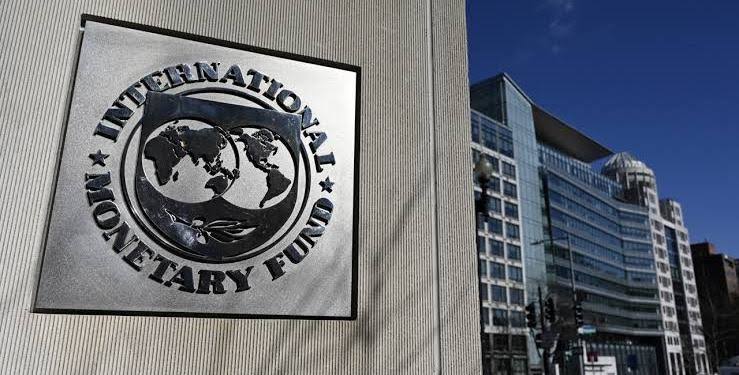The International Monetary Fund (IMF) has predicted a slowdown in Nigeria’s economic growth for 2024, citing disruptions in agriculture and oil production as key factors.
The IMF’s Financial Counsellor, Tobias Adrian, noted that Nigeria’s engagement with the global debt market remains vibrant despite high borrowing costs.
The IMF’s latest World Economic Outlook report projects Nigeria’s economy to grow at 2.9% in 2024, a 0.2% decrease from the previous projection in July. This adjustment reflects the IMF’s cautious stance on challenges facing emerging markets, including Nigeria.
According to Jean-Marc Natal, Deputy Chief of the IMF’s Research Department, issues in agriculture related to flooding and security concerns in oil production have contributed to the revised growth forecast ¹. However, the IMF supports Nigeria’s recent monetary policy measures, including interest rate hikes and foreign exchange reforms.
Minister of Finance Wale Edun advocated for concessional loans from the IMF and World Bank for Nigeria and other countries undertaking economic reforms. Edun emphasized the importance of social safety nets to cushion the poor and vulnerable from adjustment policies.
The IMF projects growth for 2025 at 3.2%, 0.2% higher than previous projections. The World Bank forecasts Nigeria’s GDP to expand by 3.3% in 2024 and 3.6% in 2025-2026.


